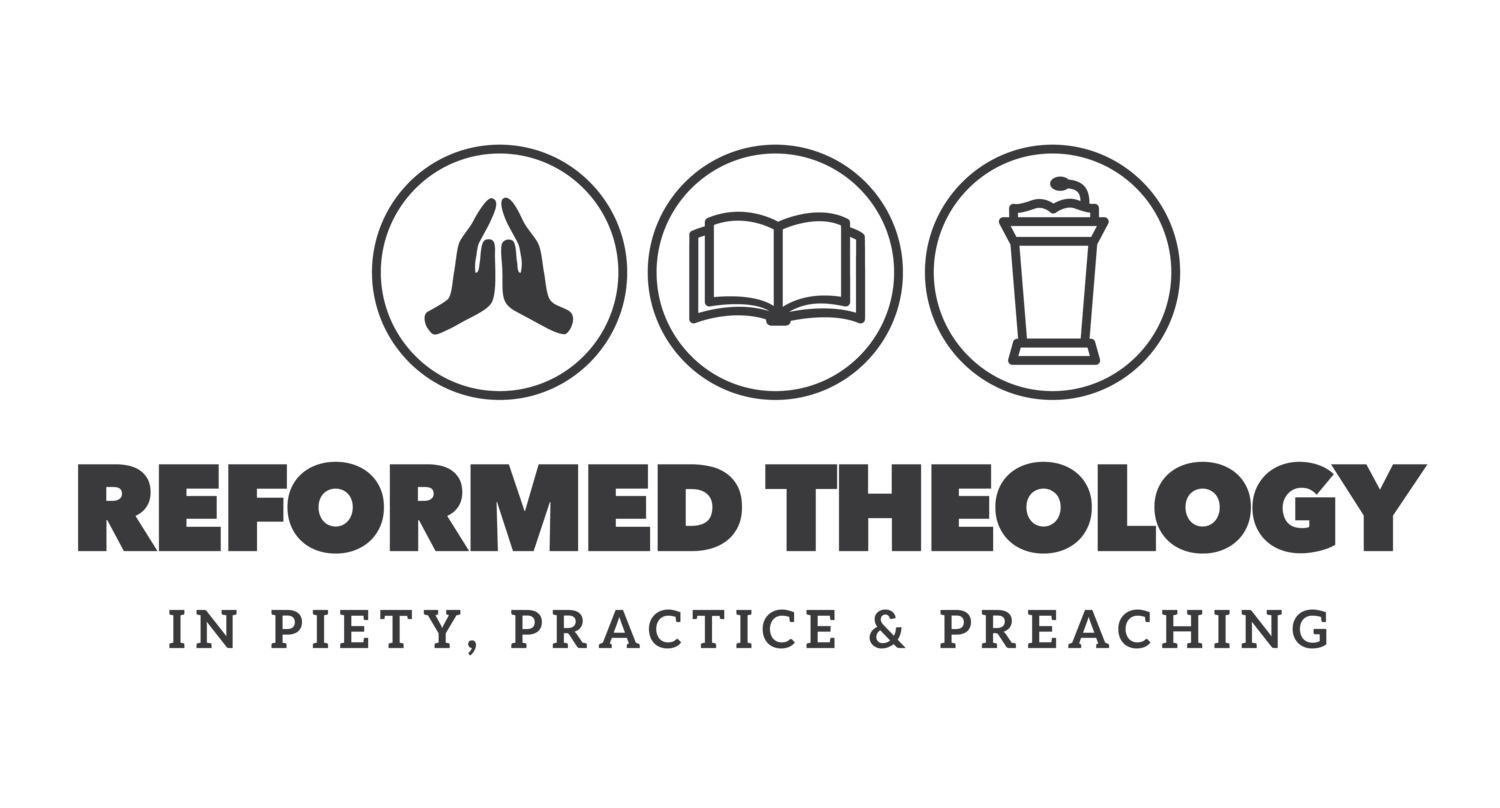As a professor and minister I regularly evaluate students to determine whether they possess the requisite theological knowledge to pass their exams. After a thirteen week semester students must take their final exam to demonstrate they have mastered the knowledge they have learned. It’s not enough to sit and listen—students must prove they also know the material. The same is true of candidates for the ministry. They must show the presbytery that they have the necessary theological knowledge to preach and teach the word of God so they will not lead the church astray. But all too often we can mistake intellectual proficiency with a true and genuine knowledge of the truth. To put it more colloquially, we might be able to rattle off theological knowledge, but is this information written on the walls of our hearts?
Take for example the doctrine of providence. I can ask an ordinand, “What is the doctrine of providence?” and he can respond: “God’s works of providence are his most holy, wise and powerful preserving and governing all his creatures, and all their actions.” This is a spot-on perfect answer and comes straight from the Shorter Catechism (q. 11). For this question and answer the ordinand would score a perfect one hundred percent. A presbytery would likely probe the ordinand to ensure he could articular the doctrine’s particulars, but the examination would end there. Or would it? I’ve regularly told my students that theological exams in seminary or on the floor of presbytery, in spite of their challenges, are the easiest of all theological assessments. It’s the only test where a verbal or written answer will completely satisfy the question. But what happens when God ordains examinations of a different kind, namely, those that appear in our lives?
What happens when we discover that a good friend has betrayed us? How do we react when the doctor tells us we have a serious illness? How do we respond when we face long-term challenges in life? A loss of a job? Difficulties at work? Strife with family over financial issues? Do we complain? Do we lash out at our friends and family? Are we short-tempered? While these types of circumstances can certainly be stressful, our reaction to them often reveals how well we truly understand the doctrine of providence. We might intellectually assent to the idea that God governs the actions of all people, but then bitterly complain when he seemingly abandons us and allows people to mistreat us. We pass the brain portion but fail miserably on the heart portion of the exam.
As we learn doctrine, we must earnestly pray that the grace of God would not only inundate our minds but that this knowledge would trickle down into our hearts until they are immersed in the truth of God’s word. When we encounter trials in life, for example, we then know in heart and mind that God’s provident hand superintends ever event in our lives and therefore, whether in times of plenty or in want, we can do all things through Christ who strengthens us (Phil. 4:13). Remember, knowing doctrine is more than rattling off truth—truly knowing our doctrine means living it out to the glory of God.
